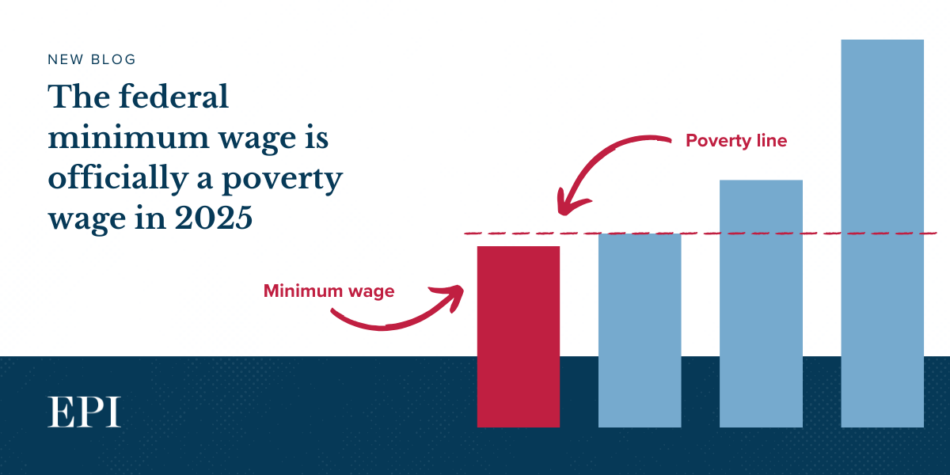The Lessons of Modern Warfare: A Critical Look at U.S. Military Involvement

Since the end of World War II, the United States has held the title of the worlds greatest superpower. However, this status raises profound questions, particularly when considering the U.S.'s military engagements in Vietnam, Afghanistan, and Iraq. The U.S. faced significant challenges in each of these conflicts, often against adversaries that appeared strategically inferior. Despite substantial investments of both human lives and financial resources, the outcomes were, to many, disheartening failures. An exploration of these military misadventures reveals key factors that contributed to these unexpected losses.
One of the foremost reasons for the U.S.'s struggles can be attributed to poor strategic planning and ineffective communication. Renowned military theorist Carl von Clausewitz emphasized the necessity of aligning political goals with military strategies, a principle that has seemingly been overlooked in recent conflicts. Clausewitz posited that before a nation engages in warfare, it must clearly understand its political objectives and ensure these goals are both realistic and attainable. Furthermore, he argued that there must be a harmonious relationship between the defined goals (the ends), the methods employed (the ways), and the resources allocated (the means) to achieve them.
This analysis draws on historical examples, contrasting the failures of Vietnam, Afghanistan, and Iraq with the remarkable success of the Persian Gulf War. In each of the former conflicts, the United States struggled to realize its political ambitions, resulting in significant and lasting repercussions.
In Vietnam, for example, President Lyndon B. Johnson's strategy of 'graduated pressure' was born out of a fear of escalating the conflict to a point where it would provoke a response from China or the Soviet Union, both of whom were deeply entwined in Cold War tensions. The American public was presented with brutal imagery of war on their nightly news, which led to a growing reluctance to escalate military involvement. The decision to fight the Vietnam War while simultaneously pursuing domestic initiatives like the 'War on Poverty' ultimately resulted in a lack of focus and commitment. Johnson's administration was more concerned with not losing the war than with achieving a decisive victory. This strategic ambiguity plagued the campaign, leading to a costly stalemate that ended with the fall of Saigon in 1975.
Similarly, the U.S. invasion of Afghanistan following the September 11 attacks in 2001 exemplifies the shortcomings of American military strategy. The initial military response to dismantle al-Qaeda was justified and necessary, but the subsequent decision to undertake nation-building in Afghanistan was based on unrealistic assessments. The U.S. sought to transform Afghanistan into a stable democracy, ignoring the lessons learned from previous foreign interventions, most notably the Soviet Unions failed attempt in the 1980s. The absence of a clear rationale for why rebuilding Afghanistan was crucial to American national security resulted in insufficient resources and a strategy focused on avoiding loss rather than achieving victory. After two decades, as American forces withdrew in 2021, the Taliban regained control, underscoring the inadequate planning and execution that characterized the entire effort.
The Iraq War, initiated in 2003, was similarly marred by flawed strategy. Motivated by the belief that Iraq possessed weapons of mass destruction and was linked to the 9/11 attacks, the U.S. engaged in a conflict aimed at regime change. The initial military operations succeeded in toppling Saddam Hussein, yet the aftermath spiraled into chaos, with sectarian violence erupting into a civil war. The failure to properly resource the post-invasion reconstruction led to prolonged instability, ultimately resulting in a power structure that was far from the democratic republic envisioned by its planners.
In stark contrast, the Persian Gulf War of 1991 serves as a potent example of successful military strategy. The objectives were clearly defined: the removal of Iraqi forces from Kuwait. This goal resonated with both domestic and international audiences, allowing for a cohesive coalition to form in support of the military action. The political leadership ensured that military commanders received the necessary resources, leading to a swift and decisive victory within a short time frame. The success of this campaign not only resolved the immediate crisis but also reinforced American military credibility globally and established a strong deterrent against future aggression.
Looking ahead, it is crucial for the U.S. to learn from both its failures and successes in military endeavors. The lessons of the past highlight the importance of developing coherent strategies that align political objectives with military capabilities. American leadership must commit to a Peace Through Strength approach, built on a foundation of deterrence and well-defined goals. This includes fostering strategic thinking and decision-making skills among future leaders, strengthening military readiness, and enhancing diplomatic efforts to address global challenges.
In conclusion, the enduring relevance of Clausewitzs principles regarding warfare should guide U.S. foreign policy as the nation navigates complex geopolitical landscapes. By embracing a comprehensive strategy that harmonizes our national interests, military capabilities, and political objectives, the U.S. can restore its stature on the world stage and foster a lasting peace.


















